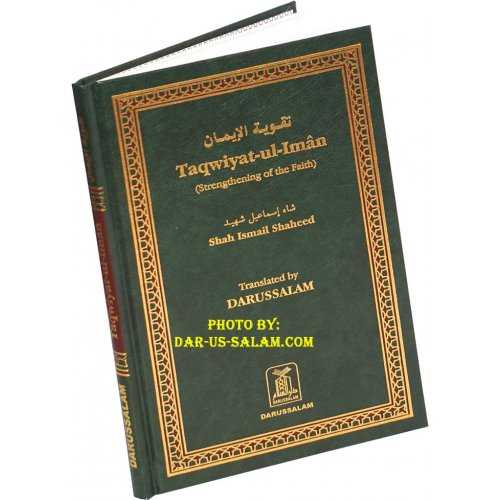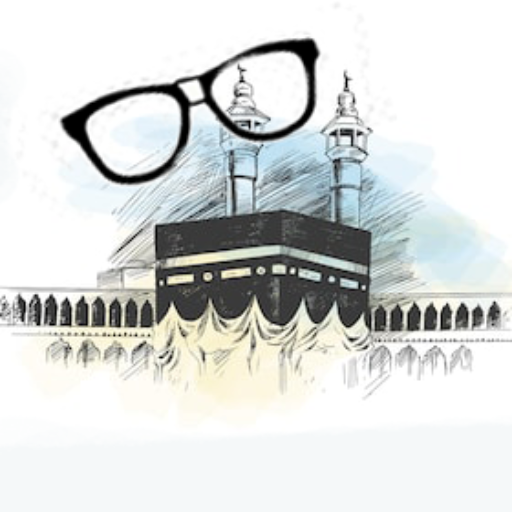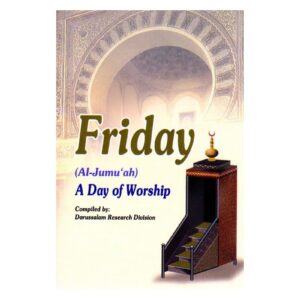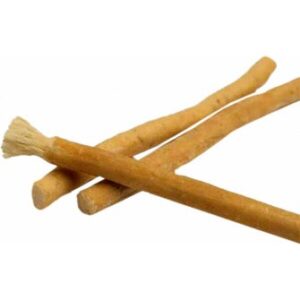Means to Learning Arabic : Dawud Adib
The following the Transcribed version of the Audio
As for the course that we need to take, the first thing that we need to know, and we need to deeply consider, is that you have to understand Arabic in Arabic. Translating is a downfall. Translating Arabic is a downfall, what we mean by translating, is looking at the Arabic and then going to look up the words in English. This is going to set you back, its going to keep you back, and your not going to be able to understand that language if you continue to do that. But rather, when your studying the Arabic language, for instance, when your utilizing the dictionary, the dictionary that you should be utilizing is an Arabic dictionary with no English.
Now, that may seem like your going against what the goal is, but the goal is to learn Arabic not English. So if you really want to learn Arabic, you have to learn and understand Arabic in Arabic.
The second thing we need to know is that the traditional method of learning Arabic has already been tested and there is no need for new ways to learning the lugah (language). You can go on the Internet, and some people will say ‘ A New Method: sixty-nine dollars and ninety-five cents, PayPal, you can use your Bankcard, Mac card, or whatever. Buy it now, a new method, 25 cd’s, 3 books, instructional guide, study guide, NEW ways to learn Arabic. ’ Once again, I began learning Arabic in 1976, I can’t even tell you how many books have been put out in the United States and England combined, on trying to learn the Arabic language, and every single person, including the person who your listening to right now, is still learning Arabic, because they didn’t start out properly.
Every single brother and sister I know, from 1976 and before I became a Muslim in the 60’s, they are still learning Arabic. Why? It is because they didn’t learn Arabic from the proper sources, and the methodology that the Salaf left for us, that is the Imaams of the Salaf. And they always try to use a new way. I remember in the 70s the book that was most popular, there were two books that were most popular for people to learn Arabic, one is what we call ‘Kapelewski.’ For those brothers who started learning Arabic around my time, my age, they remember it. There are four books, Kapelewski, they are still in my house. They were written by Jews and they are very good, and in the beginning of the first book, they tell you the reason why they teach Arabic at that Arabic institute there in Jerusalem, they said, ‘We have developed this program to tap the Arab press.’ So we find brothers starting with those books, or the big orange books (this is what we call them in America), from Michigan Press. The point is there is no new way to learn Arabic. The way to learn Arabic is already been tested and tried, you don’t have to worry about a new developed way. We already have the ways to learn Arabic.

Also, we need to know that there is not one book that is going to teach you every single thing you need to know. You won’t find one book brothers, forget it, it doesn’t exist.
The other thing that we need to know is that Arabic is difficult in the beginning. But as you go through your lessons, and apply yourself then Arabic becomes easy. Don’t let the Arabs deceive you when they tell you Arabic is difficult, it’s not difficult it’s very easy. And you can become a master in the Arabic language in America. You don’t have to leave. Its good to leave, its better to be in the land of the Arabs, but you can master Arabic, in America, in Philadelphia, without leaving the United States, it’s very possible.
And there are many people, too many to count, who mastered the Arabic language, and understand it as well or better than the Arabs, who weren’t Arabs. Example, Imam al-Bukhaari, rahimuhullaah, was not an Arab. It’s debatable if Imam Muslim was an Arab. Abu Dawud, Imam at-Tirmidhi, we can go on and on. There is a big huge dictionary/lexicon, maybe 15, 20 volumes, called ‘Lisan al-Arab.’ It is one of the best dictionaries you can get on the Arabic language. It goes half way across this long table, or maybe a little bit less than half across this table in length. It was written by a non-Arab, it was compiled by an African, Ibn Manzur al-Afriki.
And all of the Arabs, scholars and non-Scholars, they depend on Lisan al-Arab, and they quote Lisan al-Arab but it was written by someone who was not an Arab. You can go to Indonesia finding people mastering Arabic. Go to Nigeria, I don’t know how many people I have met, or Ghana, that has mastered the Arabic language and it’s not their language. So don’t be fooled into thinking that because you’re American, that you can’t learn the Arabic language.
Also you have to understand, that you have to take everything of those three sciences that we mentioned, an-Nahw, as-Sarf, and al-Balagha. As for the books that are recommended by the ‘Ulamaa, for this difficult in the beginning language to study and easy at the end, like Shaykh Uthaymeen rahimuhullah, he says ‘Studying the Arabic language is like a house, the door is made of iron, but the interior of the house is made of sugar cane.’ He says, its difficult to get into the house in the beginning but once you get into the house, the house is made of sugar cane, it becomes real easy.
The scholars of al-Islaam, in our present day time, and the scholars who came before them, and the scholars who came before them, and the scholars who came before them, they say, almost in total agreement from what I’ve seen, that the book that is suggested to learn an-Nahw (Arabic grammar), is the book called al-Ajrumiyyah. This is the book they all recommend to start from, ‘Al Ajrumiyyah by ibn al-Ajurrum. And they say that the explanation of that book is called, at-Tuhfah as-Saniyyah, which is an explanation of al-Ajrumiyyah. It doesn’t mean that you can’t start with the Madinah books or the other books that are available, but the book that the scholars of Ahlus-Sunnah recommend is al-Ajrumiyyah. That’s the book that they suggest, and this is the book that I suggest. Because, we follow the way of the Ulemaa, not saying that you can’t start with the Madinah books, but the Madinah books are not enough. They are not enough.
In addition to that, these are some guidelines that need to be followed or that should be followed. And you can put them in any order, because this is not in any special order inshaa’Allahu ta’aala. You should try to listen to the Qur’aan, and try to understand the Qur’aan when you listen to it; this is key in learning the Arabic language. Try to listen and understand what is being said when you listen to the Qur’aan. Because the Qur’aan is Arabic and it is the uncreated speech of Allaah. This will help tremendously.
The Qur’aan is the number one source for the Arabic language for those who are trying to study it. And you will find that even people who have memorized the Qur’aan that don’t know an-Nahw, as-Sarf, or al-Balagha, when they begin studying those sciences they grasp it better and have a better understanding than the person who didn’t memorize the Qur’aan. Because, all those words and those phrases that they are now going to learn, they are going to be like, ‘Ohh yeah! Wow! Yeah that’s this verse! And that’s that.’ It starts to come easier than the one who didn’t memorize the Qur’aan.
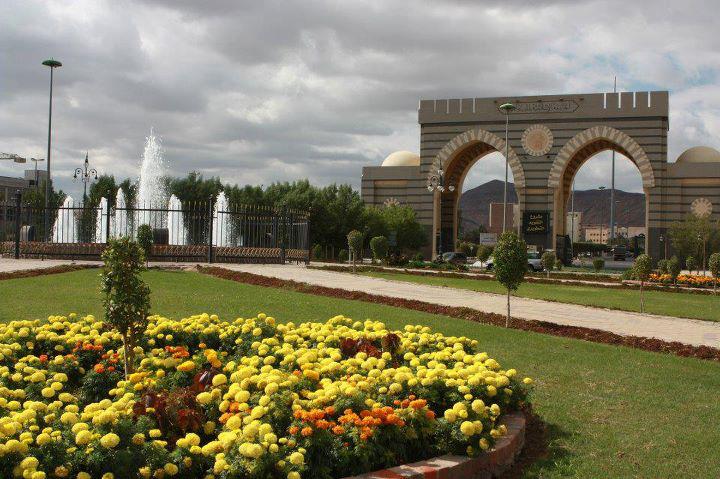
Also, as we mentioned we shouldn’t be like the people who try to translate everything into their own language. This is going to take a lot of time, and it’s better to understand the Arabic in Arabic. So, for instance, if you have an Arabic dictionary, make it Arabic-Arabic. Of course, your going to have to utilize, an English dictionary, and the preferred one, of course for us in America, is Hans Wehr. That’s the one that’s most popular, there are others, but that is the one most popular. The recommended (this is from me, not from the ‘Ulamaa this is from me) dictionary to use, I suggest from my hit and miss, study of Arabic, my trial and error study of Arabic, I would suggest, through the years I have been doing it, to get, to carry with you, to study is called, Raa’id at-Tulaab. There is a bigger version called Ar-Raa’id, by the same person. But the smaller version it’s about the size of this mushaf in height and it’s about this thick, or this size of this mushaf. And you can get it here in America; you can buy it here in America inshaa’Allaah. Don’t ask me where but I know its here, inshaa’Allaah we may be able to find it for those who want to study it. That book, Raa’id at-Tulaab, is one of the best dictionaries for a beginner. You’re going to have to in the beginning have Hans Wehr with it. Because the book is Arabic-Arabic. But you should not depend on the English dictionary in translating the definition, because the reason why we’re saying study Arabic using an Arabic-Arabic dictionary is because when you go to the Arabic-English dictionary it will just give you the definition. But it won’t give you the meaning. There is a difference between the definition of a word and the meaning of a word. The Arabic-Arabic dictionary will teach you the meaning of the word with the definition. The Arabic-English dictionary will only give you the definition. It will not give you the meaning.
I will give you an example, that mat that you put on the floor that your about to eat your food with, the Arabs now call it ‘sufra.’ But the original word for that mat that you put on the floor, the American Muslims call it ‘ma’idah.’ We mispronounce it, but its called ‘maa’idah’ like soorah al-Maa’idah. That mat that you put on the floor is called ‘khiwaan’, or ‘khuwaan’, more properly ‘khuwaan’. That same khuwaan that you put on the floor and you put food on it, is now called maa’idah. If you take the food off, no food, it’s called khuwaan. That same mat. And this the way of the Arabic language. The subtlety of the language is like this. If you go to the dictionary that’s Arabic-English and you look up ‘khuwaan’ for instance it’s going to say tablecloth, or the mat that you put the food on. If you look up the word ‘maa’idah’ it may tell you the same thing. So you’ll think that those two words are synonyms, but they are not synonyms. They are not. Like the word ‘dalu’ is a bucket, but so is ‘dhanub.’ But how do you know the difference between ‘dhanub’ and ‘dalu’? If you go to the Arabic-English dictionary it won’t tell you, it will just say bucket, a container with water. But if you go to the Arabic-Arabic dictionary it’s going to be very definitive in the meaning. This why we say you have to study Arabic in Arabic. When you use a dictionary use it Arabic-Arabic using the Hans Wehr initially but you have to try to divorce yourself from the Arabic-English dictionary and depend only on the Arabic-Arabic dictionary.
-
Product on sale
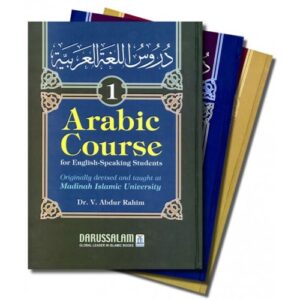 Madina Arabic Course (3 Volume Set)Original price was: $94.95.$74.95Current price is: $74.95.
Madina Arabic Course (3 Volume Set)Original price was: $94.95.$74.95Current price is: $74.95. -
Product on saleSelected Friday SermonsOriginal price was: $19.95.$17.95Current price is: $17.95.
-
Product on saleFriday: A Day Of WorshipOriginal price was: $3.95.$2.95Current price is: $2.95.
In addition to this in studying Arabic, when you read a word, you should underline that word in the dictionary, and make a note of it so that you will be able to use it in the context that it was used in the example in the dictionary. Even if you have to use an index card or place card, write that word down, and try to utilize it as much as possible. Building vocabulary is essential in Arabic, but it’s not the end. Just knowing a whole lot of words won’t work, because words in Arabic change their meanings with regards to the context.
Another dictionary that could be used is called ‘Mu’jam al Waseet’. A very good dictionary, but the problem with that dictionary is that it’s build, its bulky. So this is the one you’re going to leave at home, and Raa’id at-Tulaab is the one your going to carry with you, in your car, or in your bookcase. But Mu’jam al Waseet is a very good dictionary, Arabic-Arabic.
Also, you have to read as much as you can in Arabic. Read the Qur’aan, read the hadeeths, read children’s stories. Reading children’s stories, stories of the Prophets for instance, stories of the companions that are geared for children try to read them as much as possible. And any new word you come across (once again) you go back to the Arabic-Arabic dictionary, you underline it, highlight it, or circle it, to see the meaning. But you have to read as much as you can.
Also, you have to develop your ear. So listen, if you can, to Arabic stations, on the radio. If you have a short wave radio then listen to Arabic stations, especially the news. And try to be around the Arabs as much as possible; to listen to the language, even if it is the slang language, they will still be using many of the words that are going to be found in the Qur’aan, or found in the hadeeths of the Prophet, sallallahu ‘alayhi wa sallam, or general Arabic.
Please forgive me if you are Moroccan, we are excluding the Moroccans, because with the Moroccan dialect there are a lot of things that are not Arabic. It is very difficult. So if you find a Moroccan brother who will speak Fus-hah with you this is better, walillahilhamd. Many of the people who have excelled in the Arabic language come from Morocco, but the dialect of the Moroccans is one you should try not to get involved in, as for the other Arabs, OK. But please forgive me Moroccan brothers, or sisters who are listening, please forgive me this is not to talk bad about you, your culture, or your language, but this is a fact, and I’m sure you’ll agree. In the Arabic of the Moroccans they have Burbur, they have French, they have all these different things inside of it.
We also should know that sticking with those people who are students of knowledge. Who understand the Arabic language, sticking with them and asking them, and trying to get them to assist you, is very important inshaa’allaah in studying the Arabic language.
-
Product on saleHand Held Bidet (Muslim Shower)Original price was: $39.95.$29.95Current price is: $29.95.
-
Sewak (Arak Miswak)$1.00
Lastly, remember what we said firstly. That the goal is to understand the Book of Allaah. That is the goal. To undersand that which Allaah intended for us to understand in the Qur’aan. And to understand the Sunnah of the Messenger of Allaah, sallallahu ‘alayhi wa salaam, so that we can get closer to Allaah, subhaanahu wa ta’aala. And so that we can be those who worship Allaah in a state of taqwa, because having knowledge of the Arabic language is a vehicle that gets you to the goal which is to fear Allaah, subhaanahu wa ta’ala. This is what we wanted to present, inshaa’Allaah, this evening.
Haathaa wa sallallahu wa salaam wa baarik ‘ala nabiyyina Muhammad wa ‘ala alihee wa ashabihee wa salaam.
Transcribed by Sister Zaynab Abdul Hakeem , May Allaah reward the sister,ameen
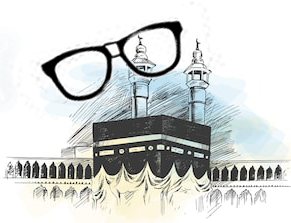
Don’t forget to comment & share. Also please click our ads, they pay the bills. jazakallahu khayr.
